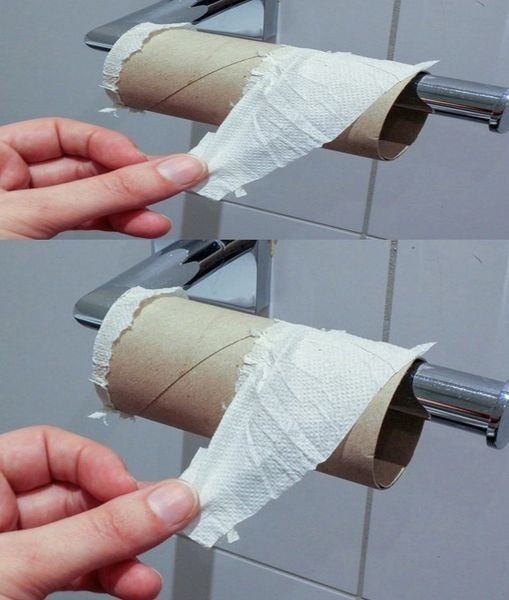Could Toilet Paper Disappear? The Environmental and Health Crisis Challenging Its Use
Toilet paper is an essential product for millions of people worldwide, but growing concerns about its environmental impact and health risks have sparked debates about its future. Could this be the end of the roll as we know it?
The History and Environmental Impact of Toilet Paper
Toilet paper was invented by Joseph Gayetty in the United States in the 19th century and has since become a daily necessity across the globe. However, its production has a significant environmental cost. Each year, millions of trees are cut down to meet demand, contributing to deforestation and increased carbon emissions. The manufacturing process also requires large amounts of water and energy, worsening its ecological footprint.
Another major issue is the use of chemicals in toilet paper production, particularly bleaching agents that can contaminate water systems and harm ecosystems. Additionally, transporting toilet paper to stores relies on fossil fuels, further adding to pollution. As environmental concerns intensify, manufacturers are under increasing pressure to find more sustainable solutions.
More Sustainable Alternatives to Toilet Paper
As awareness of toilet paper’s environmental impact grows, many people are exploring eco-friendly alternatives. Popular options include bidets, biodegradable wipes, reusable cloth wipes, and toilet paper made from bamboo or recycled materials.
Bidets, widely used in many countries, use water for cleaning, significantly reducing the need for toilet paper. Meanwhile, bamboo toilet paper is emerging as a more sustainable option since bamboo grows quickly and does not require large-scale deforestation. Recycled toilet paper is also gaining popularity, offering a way to reduce waste and resource consumption.
Health Concerns Related to Toilet Paper
Beyond environmental issues, some studies have raised concerns about the potential health risks of traditional toilet paper. The bleaching process can leave behind chemical residues that may cause skin irritation, particularly for those with sensitive skin. Additionally, some toilet paper brands contain artificial fragrances and dyes, which can trigger allergies or worsen existing skin conditions.
As a result, more consumers are turning to natural and chemical-free alternatives, such as organic toilet paper, which is made without chlorine or other harsh chemicals, making it a safer choice for those with sensitive skin.
Will Toilet Paper Disappear from Store Shelves?
Although it’s hard to imagine a world without toilet paper, the industry is undoubtedly evolving. Consumers are becoming more conscious of their choices, and manufacturers are adapting by offering safer, more sustainable options.
In the future, traditional toilet paper may become less common as eco-friendly alternatives take the lead. However, for now, it remains a staple in households worldwide. The real question is not whether toilet paper will disappear but how it will evolve to become more sustainable and health-conscious.
